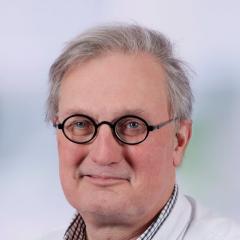PsyPal is a collaborative effort between the University Medical Centre of Groningen and the Swedish company HumanKindLabs. It is the first ever study funded by Horizon Europe that facilitates collaboration between different organisations and further increase the impact of research and innovation. In turn, research projects as PsyPal could address global challenges and lead to the formation of new policies within the European Union.
PsyPal is a consortium project and involves a collaboration of 19 different European organisations from 9 countries. The following organisations are part of the PsyPal consortium (listed alphabetically): 29k, A+ Science, Bispebjerg Hospital, Champalimaud Foundation, European Association for Palliative Care (EAPC), European Federation of Neurological Associations (EFNA), European Psychiatric Association (EPA), HumanKindLabs, IESE Business School, Lung Alliance Netherlands, Madopa, National Institute of Mental Health in the Czech Republic, Norrsken Mind, OPEN Foundation, University Medical Center Groningen (UMCG), University of Copenhagen, University of Groningen, University of Stockholm, Uppsala University. In addition, the PsyPal consortium will also be actively engaging with PAREA (the Psychedelic Access and Research European Alliance).









